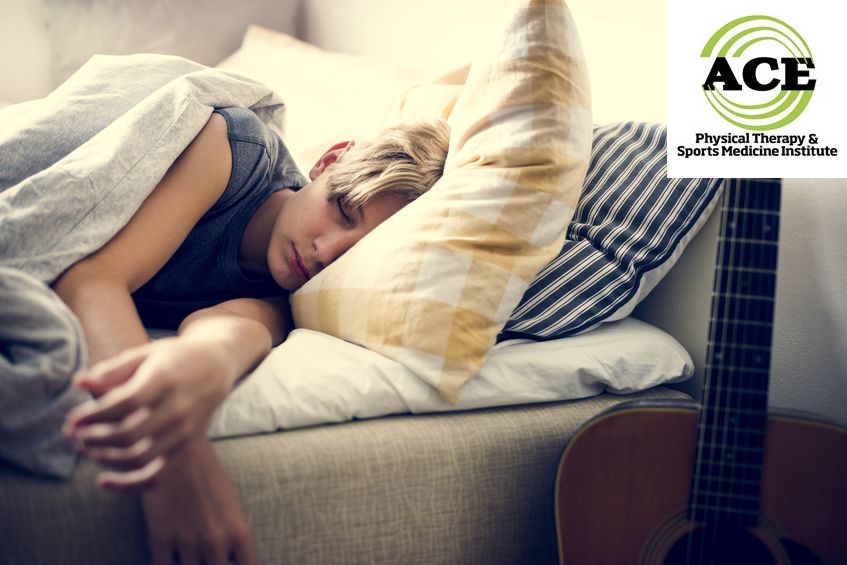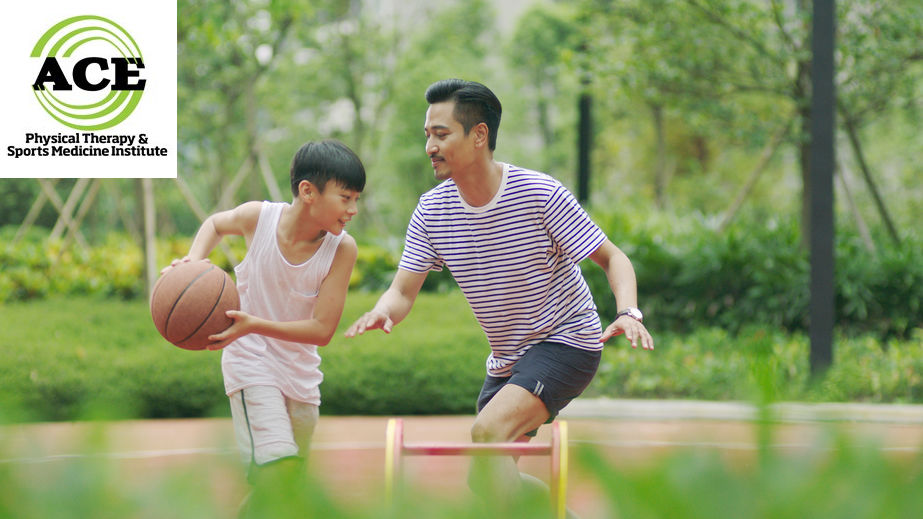IMPROVING SLEEP FOR YOUNG ATHLETES DURING THE PANDEMIC

Tid Bits of Info
- 69% of all school-age children have some sort of sleep disorder.
- There are 4 sleep cycles and the 3rd stage is extremely important for healing and strengthening the immune system.
- Sleeping in a room temperature of 66 degrees F has been shown to be ideal for sleeping conditions.
- Most dreams occur in the 4th stage of the sleep cycle.
- Maintain a regular sleep cycle to promote a better quality of sleep.
Young people throughout culture are experiencing heightened stress levels during the pandemic. Many young athletes are frustrated, worried, scared, and unsure of the future, producing a high level of anxiety and stress. These feelings can inhibit deep sleep, which can compromise the immune system and make them more susceptible to getting sick. Improving sleep is vital for their emotional and physical well-being.
Social isolation might be one of the hardest things for young athletes to deal with during these times. They are used to seeing friends and classmates at school and teammates at games and practices and maintaining a regular routine. When the “stay at home” orders were issued in most states, this eliminated the opportunities for these young people to communicate and socialize with their peers and their routines were devastated. The isolation has led to anxiety and produced an increased incidence of insomnia.
Deep sleep is the key. There are several stages of sleep and the first two are when you first fall asleep and you have not progressed to “deep” sleep. Stage 3 is the most important stage, and this is the “deep” sleep stage. It’s harder to rouse you during this stage, and if someone woke you up, you would feel disoriented for a few minutes. During the “deep” sleep stage, the body repairs and regrows tissues builds bone and muscle, and strengthens the immune system. When someone is not sleeping well, they never progress to the “deep” sleep stage.

Experts have given some suggestions for addressing insomnia and improving sleep for young athletes during the pandemic. Some of them are:
Wake up early: Light makes it easier to “wake up” and get going. Don’t allow your young athlete to stay up late and sleep late into the morning. The child will be more likely to sleep “well” if they wake up early and “go to bed” early.
Play: The young athlete should stay busy and “play” as much as possible. Being physically active will make them tired due to using more energy throughout the day. This should encourage more sound sleep.
Turn it off: When it is time to “wind down” and get ready for a good night’s sleep, the young athlete should turn off all social media and other electronics. They should not eat immediately before trying to go to sleep. Caffeine and sugar can increase metabolism and make it harder to get into a “deep” sleep.
Cold is good: Research has found that sleeping in a cool/cold environment lends itself to a more sound sleep. Most people will sleep more soundly and reach the “deep” stage of the sleep cycle if the room temperature is approximately 66 degrees F.
As a parent, grandparent, coach, or healthcare provider everyone has to be cognizant of the sleep habits of the young athlete(s) in their lives. The young person might not be able to articulate how they feel therefore it is everyone’s responsibility to “keep an eye on them” and make sure that they are getting enough deep sleep during the night.
























